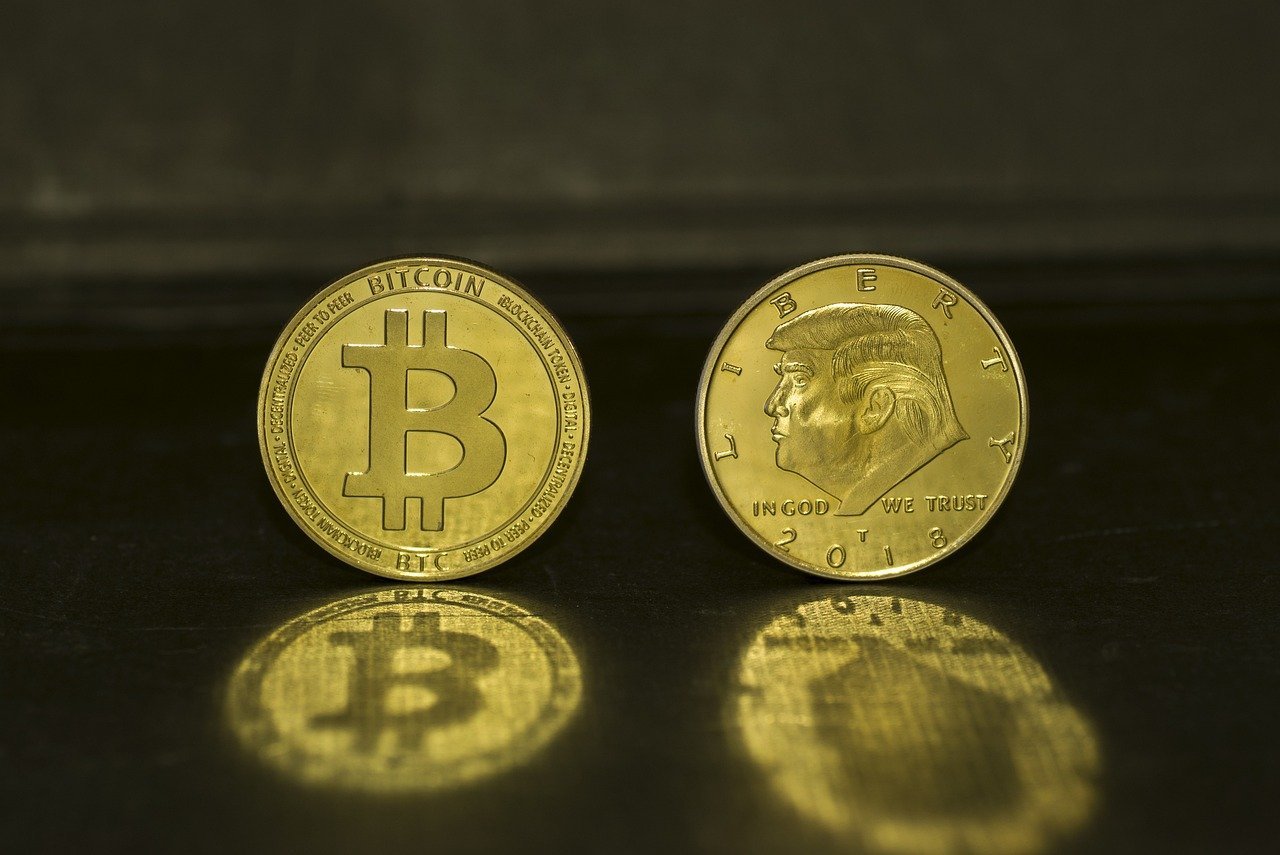#DonaldTrump #JDVance #Bitcoin #Cryptocurrency #2024Election #Blockchain #CryptoLegislation #DigitalAssets
Former President Donald Trump’s appointment of Senator J.D. Vance as his vice-presidential candidate for the upcoming election has sparked considerable interest, especially among cryptocurrency enthusiasts and investors. Vance, who is known for his favorable stance towards digital assets, currently holds a substantial amount of Bitcoin—valued between $100,001 and $250,000—according to his latest financial disclosure. This move signals a potential pivot in the political landscape towards a more crypto-friendly approach, aligning with Trump’s recent shift from skepticism to advocacy for the cryptocurrency sector. Throughout his campaign, Trump has increasingly embraced cryptocurrencies, even accepting donations in various digital currencies through Coinbase, a popular cryptocurrency exchange platform.
Vance’s influence extends beyond just his personal investments in Bitcoin. As a legislator, he has been actively involved in efforts to clarify and improve the regulatory framework for cryptocurrencies in the United States. His involvement in drafting legislation aimed at revamping U.S. digital asset regulations indicates a proactive approach to fostering a supportive environment for blockchain technology and cryptocurrencies. Vance’s efforts are not just about promoting innovation but also about ensuring that the United States remains at the forefront of the digital economy. His draft bill, regarded as more crypto-friendly than previous legislative efforts, reflects a clear vision for the future of digital assets in the U.S. financial system.
The implications of Vance’s vice-presidential candidacy extend beyond the cryptocurrency markets. His background as a venture capitalist and his active role in crypto legislation suggest a broader generational shift towards embracing technology and innovation in governance. Vance’s criticism of the SEC’s approach under Chairman Gary Gensler, particularly concerning regulatory overreach and politicization, underscores the broader debate on how the United States should regulate emerging technologies. Meanwhile, Trump’s scheduled appearance at a major Bitcoin conference suggests an increasing alignment between political figures and the crypto sector, reinforcing the notion that digital assets could play a significant role in the upcoming election and beyond. With Vance on the ticket, the Trump campaign is positioning itself at the forefront of a pivotal shift towards integrating blockchain technology and cryptocurrencies into America’s economic and regulatory frameworks.







Comments are closed.